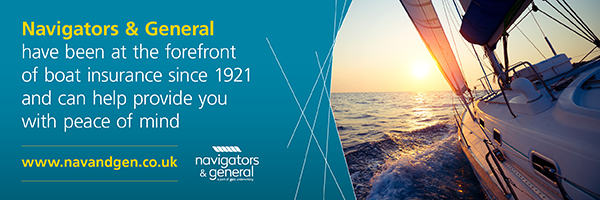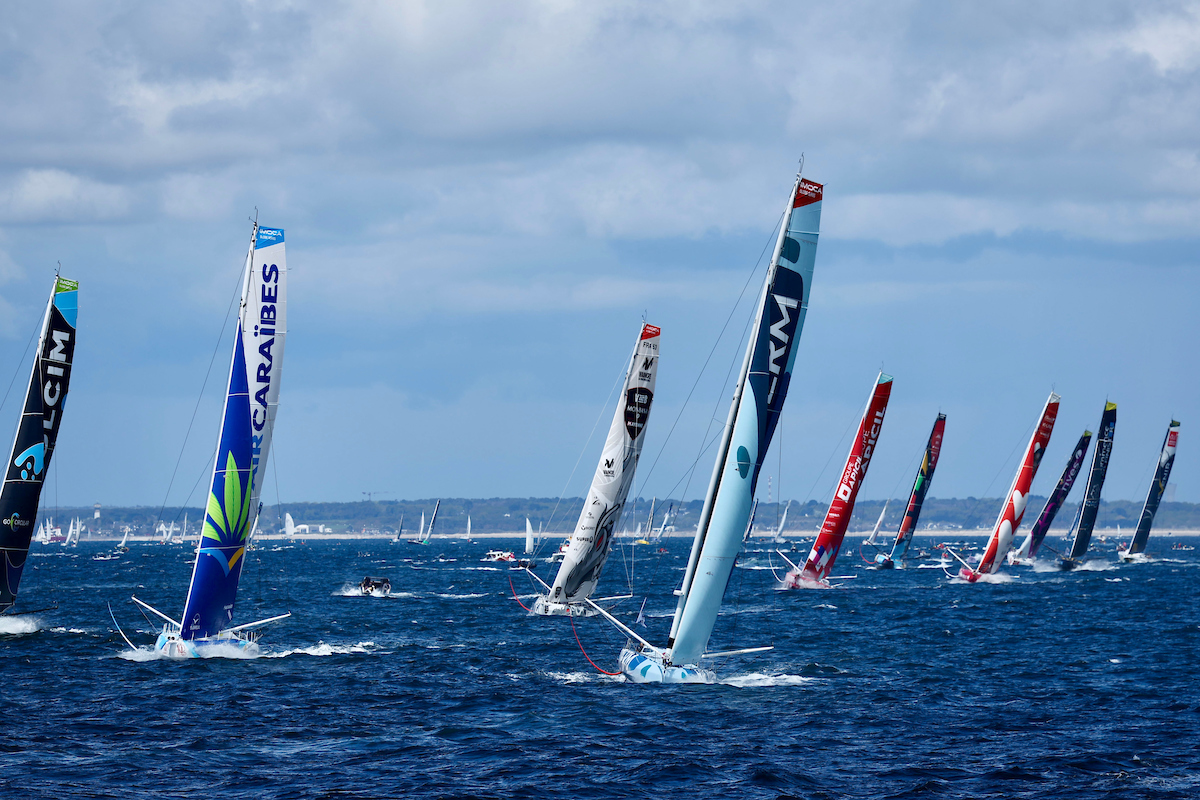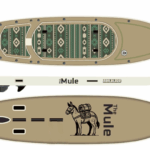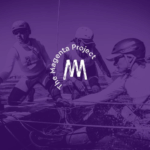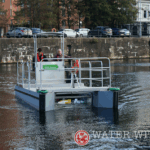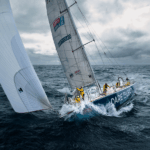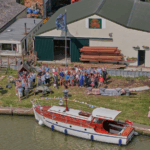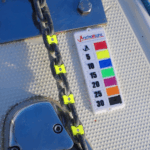It is exactly two months to the start of one of the greatest challenges in sport – the Vendée Globe solo round-the-world race, when 40 skippers from 10 countries will attempt to sail non-stop unassisted around the globe.
This race remains the ultimate test – a gruelling challenge for man or woman and boat – and an event that over the last 25 years has produced remarkable stories of seamanship, heroism, bravery, adventure, solo racing prowess and design skill, but also the occasional tragedy.
The Vendée Globe, which dares its competitors to sail alone around the Antarctic continent in the Southern Ocean as part of a 24,300 nautical mile course, has made legends of short-handed offshore racing. You only have to think of some of the past winners to underline that – Alain Gautier, Michel Desjoyeaux, Vincent Riou, François Gabart and Armel Le Cleac’h, to name a few.
The 2024-25 edition of the single-handed classic – the 10th since the first race in 1989-90 – promises to be exceptional, not least because it has attracted the biggest ever fleet which will fill the harbour at the start port of Les Sables d’Olonne to capacity.
In a few weeks time the dockside at the home of this iconic race on the shores of the Bay of Biscay will be thronged by thousands of fans from all over France and beyond, taking the chance to glimpse their heroes and enjoy the unique atmosphere of a Vendée Globe start. This year it will be a particularly special celebration because four years ago the general public had to stay away during the Covid pandemic.
The fleet this time includes Yannick Bestaven the winner in 2020-21 and fellow Frenchman Charlie Dalin who took line honours but finished second on corrected time. It includes no less than 13 new boats, most of them equipped with the latest foil designs, and there are six female entrants, among them potential podium finishers in Sam Davies of Great Britain and Justine Mettraux of Switzerland.
This Vendée Globe also sees the race reach further geographically than ever before in its starting line-up, with the first sailor from China attempting to complete the course, in the form of the remarkable one-armed skipper from Qingdao, Jingkun Xu. There are also sailors from as far afield as Japan, Hungary, the USA, Switzerland, Germany, Belgium and Italy.
While there are 15 sailors making their debut, including the youngest in the fleet – 23-year-old Frenchwoman Violette Dorange – three are making their fourth appearance in Sam Davies and Frenchmen Arnaud Boissières and Yannick Bestaven. Then, in class of his own, comes Jean Le Cam of France – the oldest in the fleet at 65 – who is starting the race for the sixth time.
Antoine Mermod, President of the IMOCA Class, says this is going to be a highly competitive and open race: “The level of performance and competition has increased a lot since the last Vendée Globe because during the last four years we have seen many different winners in all the other races we have done,” he said. “At the same time the top-five and top-10 have been very open.”
Mermod believes the overall quality of a fleet, that includes the latest foilers and also a strong contingent of daggerboard-configured boats, has never been higher. “That is what is very impressive. It reflects a huge commitment from designers, technical teams, boat builders, skippers and shore teams – in fact from all the IMOCA community to prepare for this Vendée Globe – and now we are two months from the start, it is very exciting,” he said.
Like many seasoned observers of the IMOCA fleet, Mermod is expecting the current race record – set back in 2017 by Armel Le Cléac’h at 74 days, three hours and 35 minutes – to be broken by the leading foilers, now that foiling design and technology have been more fully developed. But, he says, the skippers will still have to find the right balance between speed and reliability.
“They can be very fast, but also they need to be fast for a long time and they need to be reliable,” said Mermod. “And this is a hard balance for skippers to strike because if you push too much, you have a big risk of breaking down but, on the other hand, to win in this fleet you will have to push a lot.”
And Mermod is looking forward to seeing how this adventure plays out for the 40 skippers, their teams and families. “That’s the key to the Vendée Globe,” he said. “It’s 70 or 100 days of adventure, of success and also challenging times, and it’s like we open this big book and we start the story but we don’t know where it will go and what will happen and that’s what’s unique about this race.”
The next few weeks will see teams and skippers making their final preparations. But before moving to Les Sables d’Olonne ahead of the Vendée Globe start, many of them will be taking part in the annual IMOCA Class showcase regatta based at Lorient, the Défi Azimut-Lorient Agglomération.
This starts today and includes its usual mix of fun and serious racing with speed runs, the race around the Île-de-Groix and the 500-miles solo offshore race. As always, this is a great opportunity for teams to entertain commercial partners and sponsors and, this year, to share their hopes and fears for the solo race around the world that starts in just 61 days time.
Ed Gorman







